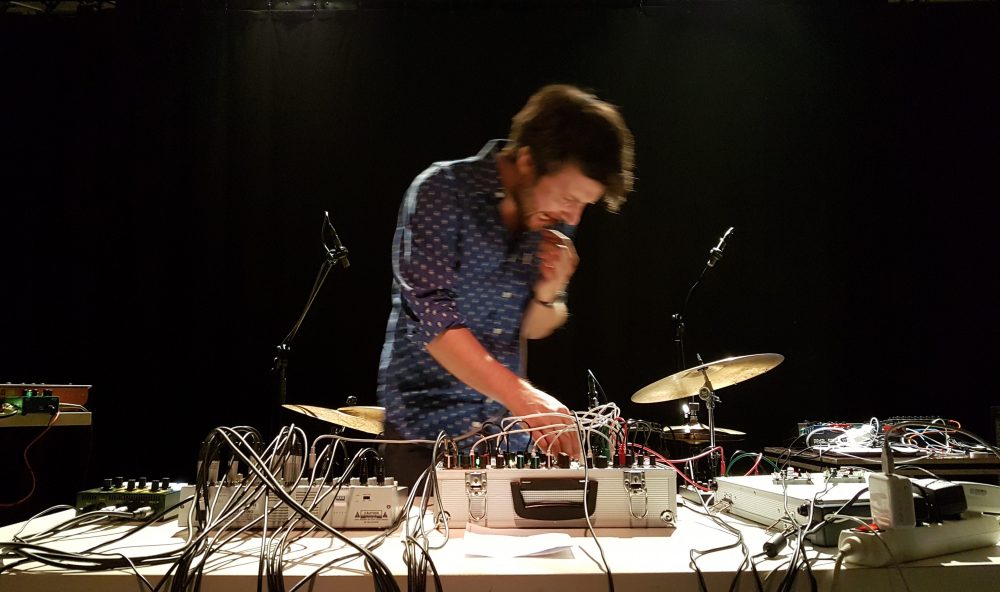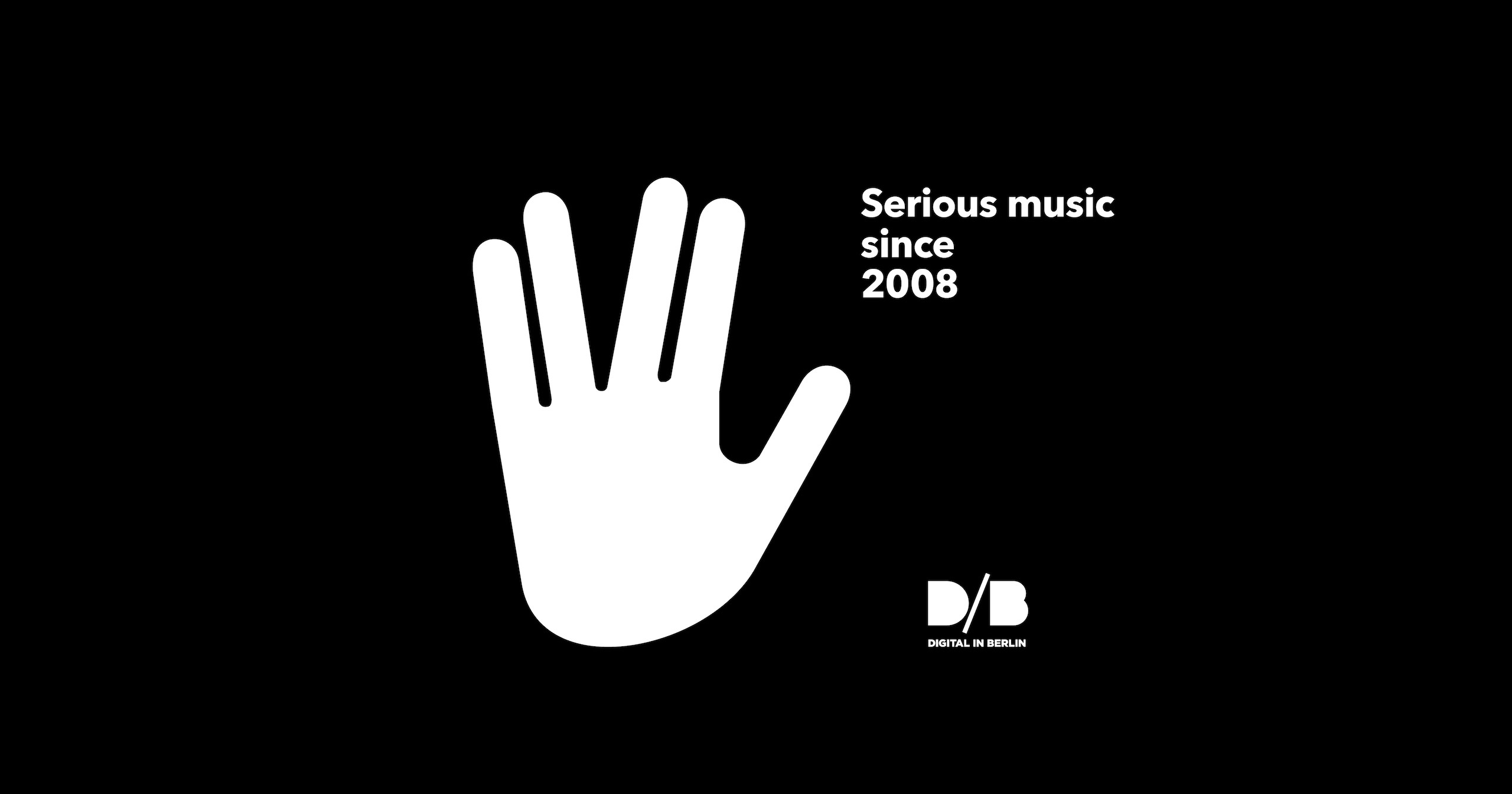Matthias Puech is a composer, designer, programmer, researcher and teacher born in Paris. From a scientific background, he nourishes a dual fascination for natural phenomena and mathematical concepts. His compositions, contemplative stills of imaginary landscapes, intend to blur the distinction between sound synthesis and field recording, transporting the listener amidst invented ecosystems. Puech designs and programs his own digital electronic instruments with the help of unique synthesis algorithms inspired from physics and biology. His music is in major part composed and interpreted on modular synthesizers, using specially-developed hardware and software. He collaborates with several Eurorack modules manufacturers who build and commercializes his creations (e.g., the 4ms Tapographic Delay).
FACTS:
1: Making (electronic) music is about listening, not producing sounds (mediocre paraphrase of Brian Eno).
2: Curiosity and appetite for knowledge, in music like everywhere else, is always a driving force, never a hindrance.
3: The beauty of a mathematical idea is less immediate but sometimes more rewarding than the beauty of a musical piece.
QUESTIONS:
1. What is the biggest inspiration for your music?
The way physics and nature organize sounds as a complex system of interactions. There is not much difference between mixing a piece in the studio and the way animal sounds organize themselves in an ecosystem; there is not much difference either between some complex feedback patches one can make on a modular synthesizer and the way sounds are produced in the vocal systems of many animals.
2. How and when did you get into making music?
The moment I got a computer able to make beeps from its internal speaker I felt the appeal of using technology for musical purposes. I discovered music-making software and especially Max/MSP at a pretty young age through some of the first trainings IRCAM was offering in Paris.
3. What are 5 of your favourite albums of all time?
This is obviously impossible to answer in absolute, so here are my picks of the day:
Robert Fripp & Brian Eno – Evening Star
Alice Coltrane – Ptah, The El Daoud
Bill Evans – You Must Believe in Spring
Philip Glass – Music in Twelve Parts
Plastikman – Artifakts (bc)
4. What do you associate with Berlin?
So many memories… I lived in Berlin for a very formative year. Biking across the city, crossing the Alex and riding down Karl Marx Allee; the uncountable layers of history every single building has; the cultural wealth brought by diversity and precariousness; the nonchalant, sometimes a little careless attitude of its inhabitants. Berlin is an old lover; we grew apart but I still love her.
5. What’s your favourite place in your town?
Probably my studio.
6. If there was no music in the world, what would you do instead?
What I do as my day job, and what I studied for: research and teaching in Computer Science.
7. What was the last record/music you bought?
Thomas Ankersmit ‘Homage to Dick Raaijmaker’. Interesting tribute to a relatively obscure figure of early electronic music.
8. Who would you most like to collaborate with?
Brian Eno; he has consistently been one of my personal heroes, for his music of course but even more for his writings.
9. What was your best gig (as performer or spectator)?
Getatchew Mekuria with The Ex in a small Chapel in Bologna, Italy, around 2009. I was living there at the time and was desperate for some challenging cultural experience, which I could not find in this medium-size student city invaded by cheap dance music. The intensity of The Ex’s style, Mekuria’s bluesy sax, the acoustics of the venue and its sacred character impressed me deeply.
10. How important is technology to your creative process?
It *is* my creative process. The experimentation and discovery process that makes a piece emerge is so entangled with the end result itself that it would be unfair to make a distinction between the process and the technology that enables it. I cannot say that my musical ideas really precede the discovery of sound through interaction with my modular synth.
11. Do you have siblings and how do they feel about your career/art?
I do but I don’t know.
Matthias Puech’s upcoming LP ‘Alpestres’ is expected to be out on 9th November 2018 via french imprint Hands In The Dark.
Photo © Matthias Puech

